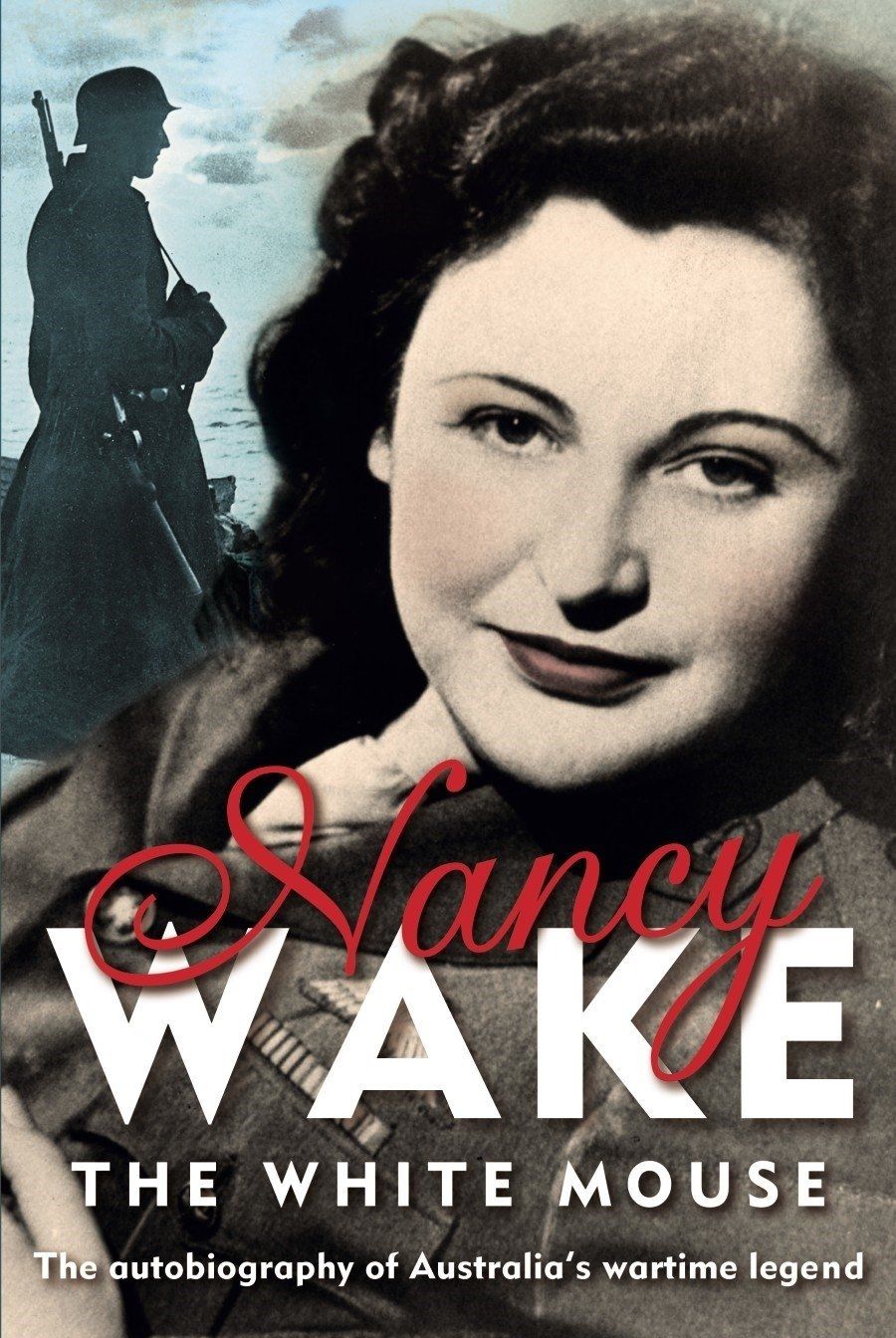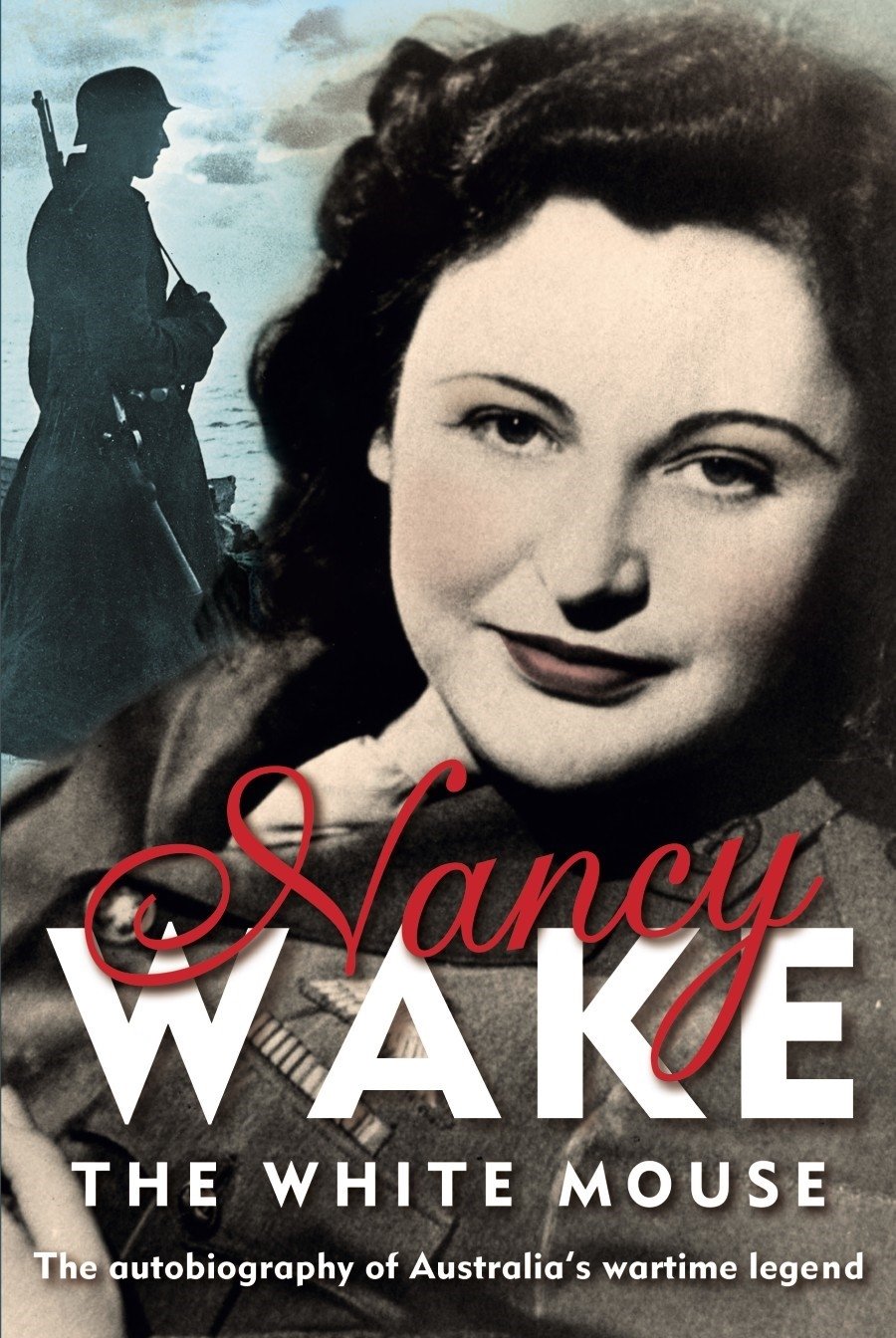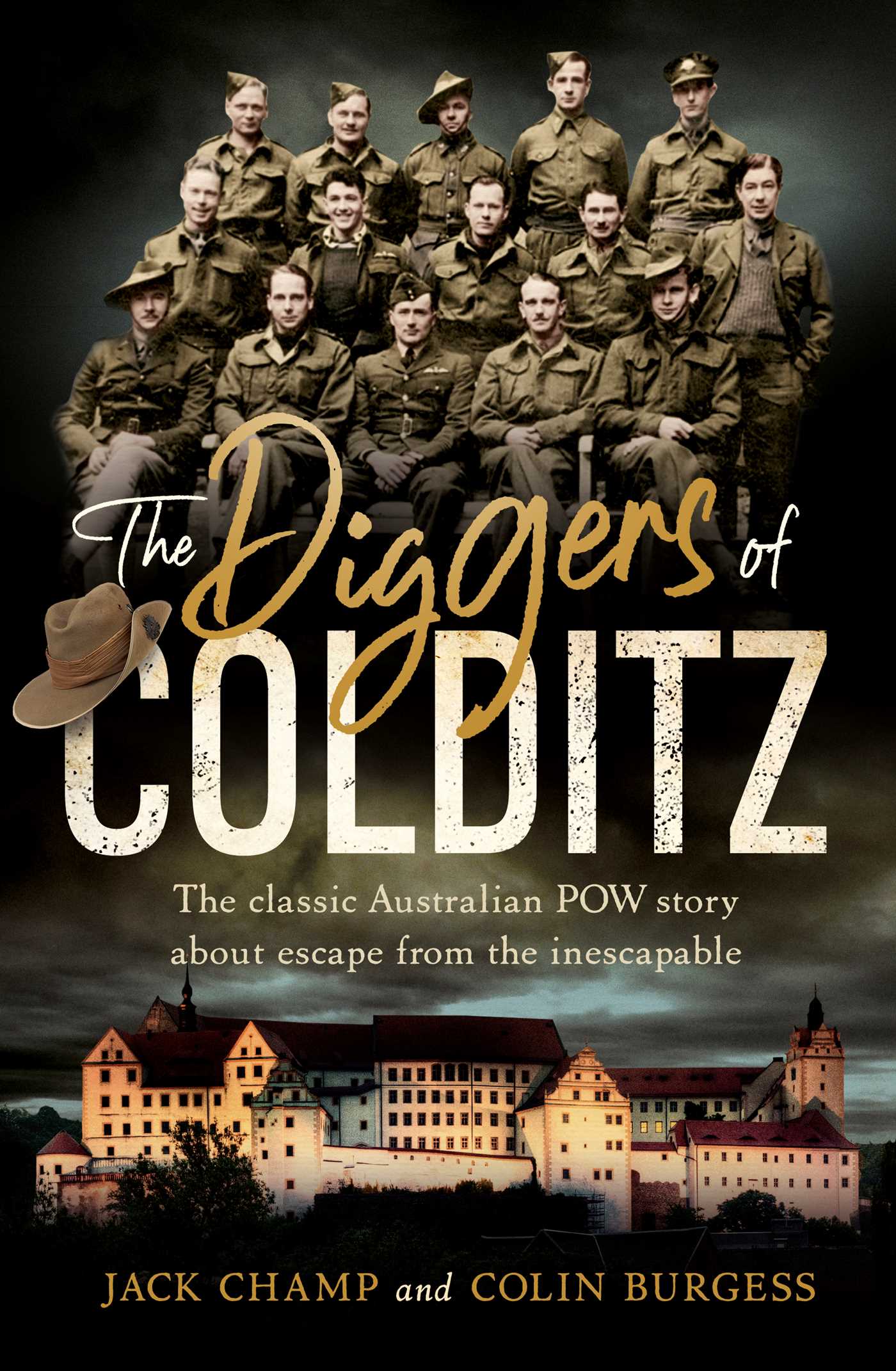
- Free Article: No
- Contents Category: History
- Review Article: Yes
- Article Title: Wartime Courage:
- Article Subtitle: Two stories of hope
- Online Only: No
- Custom Highlight Text:
Resistance has three components – intelligence, sabotage, and aiding service personnel to evade capture. or to escape. Nancy Wake, in occupied France, was active in all three; and Jack Champ escaped. A member of the sixth division, he was captured in Greece, later taken to notorious Colditz.
- Book 1 Title: The White Mouse
- Book 1 Biblio: Macmillan, $19.95, 206pp
- Book 1 Cover Small (400 x 600):

- Book 1 Cover (800 x 1200):

- Book 2 Title: The Diggers of Colditz
- Book 2 Biblio: Allen & Unwin, $17.95 hb, 224pp
- Book 2 Cover Small (400 x 600):

- Book 2 Cover (800 x 1200):

There is stirring testimony of mateship. Inventiveness flourished. One man was skilled at opening locks and making keys. Another made a serviceable telescope out of scraps. It was named ‘lecher-scope’. Radio receiving equipment was always available. There was a notable Anzac Day celebration, using scarce rations specially hoarded and booze ingeniously distilled. The most bizarre vignette was of Ralph Holroyd visited in Colditz by his mother. Paula Holroyd was German though Ralph’s father was Australian. Caught in Germany by the war, Mrs Holroyd tried repeatedly to see her son in Colditz and finally wrote to Hitler who authorized the visit personally. The tremendous imperative to escape is highlighted by the detailed planning, organisation and training. They even built a glider, capable of carrying two men, and kept it hidden from the Germans.
The last line of a book devoted to escaping is intriguing. Within a week of returning to Australia Jack Champ married. The White Mouse, her Gestapobestowed code name, is Nancy Wake’s autobiography. I first. heard of Nancy Wake when she stood against Doc Evatt. Younger then and living in Barton I thought anyone who could oppose Evatt was wrongheaded or evil. She nearly defeated him. In 1956 Russell Braddon wrote Nancy Wake’s biography describing Barton as the safest labor seat in the land. It wasn’t and isn’t. But it’s interesting to hear it from Nancy Wake. ‘Without a doubt the most stupid thing I ever did was to join the Liberal Party of NSW. and become involved in politics’. Which inclines me to believe that she has been frank and truthful throughout her book.
She grew up in Sydney, reached Paris at twenty, wanting to be a journalist and determined to learn, love and live. She married well in Marseille and was caught there by the second World War. She played a prominent role in helping allied airmen, became an integral part of the intelligence network, escaped across the Pyrenees to Spain when the Nazis were closing in on the White Mouse, reached London, trained for resistance work, parachuted back into occupied France to fight with the Maquis, learned that her husband had been tortured and murdered by the Nazis and saw her adopted country liberated. Her amazing courage earned her many decorations, the most prestigious the Chevalier de la Legion d’Honneur. This outline does scant justice to a very gallant lady. She herself is modest to a point that hides her nerve, her stamina, her bravery, her determination and her reasoned hatred of the Hun. But it is all there without undue fanfare or pride. We have charming notes of how, she remained feminine despite being a resistance fighter. Descriptions of the liberation and happy reunions are heartwarming. Nancy was a loyal friend.
Heroes and traitors abound with courageous resistance fighters and cowardly collaborators. The German occupation was a terrible crucible in which to test any society. Not all Frenchmen came through the testing well. Many Frenchmen. were unsure which side would win. As now, on a national scale, the .average French citizen made a cold; realistic, and often accurate assessment of his own self-interest. All had gnawing doubts as to who you could trust and who you couldn’t. There were deep seated rivalries within French society; even in the Resistance movement there were factions and mutual distrust. Neighbours were suspect. A mistake in assessment could cost your freedom if not your life.
Thus, the ultimate dilemma – who can you trust?


Comments powered by CComment